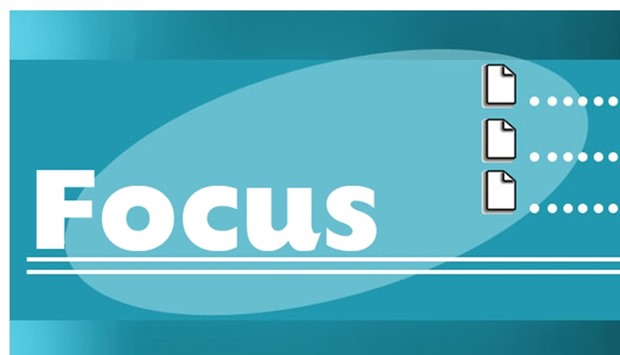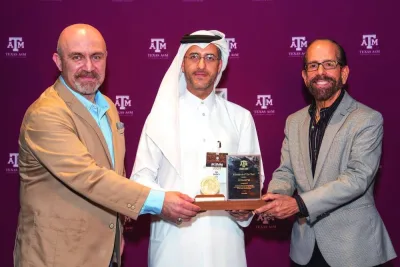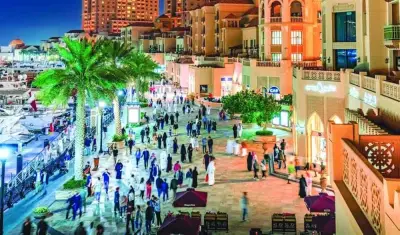Against this background, the Emir praised the spirit of solidarity, harmony and defiance which had prevailed among the people. Qataris and residents alike stood with Qatar in this arbitrary and contrived Gulf crisis.
Collective punishment
The address is a lesson in morality to whom it may concern. It criticised the ongoing collective punishment technique followed by the blockading countries against their own people and the people of Qatar, reminding the blockading countries that people should not bear the brunt and be part of the political differences and disagreements among governments.
Such a method of revenge and collective punishment violates the international law, as well as the very people who were affected by it. All of us have seen how families got separated and Qataris and those sympathising with Doha were unfairly treated. Well, is it worth it? I do wonder what and how we are going to narrate such unjust behaviour to our future generations!
Relentless fight against terrorism
Qatar has always stood firm against terrorism, and this fact has just recently been affirmed in a US report. In the address, the Emir also stressed on Qatar’s relentless fight against terrorism. Qatar’s fight against terrorism is not for the sake of appeasing a party or a state, but because Doha considers it a crime. The Emir gives an apt description of terrorism, saying that it is “an act of aggression against innocent civilians for political ends, a heinous crime against humanity.” The blockading countries, as the address indicates, played the “terrorism” card in their vain attempt to gain political support and justification for the arbitrary siege on Qatar. They thought that labelling Qatar as a “terror sponsor” would be welcomed by the West, ignoring the fact that their intelligence agencies know who is supporting terrorism and who is not.
Economy
The Emir’s call for self-appraisal amid the current crisis is constructive as it presented Qatar with multiple opportunities. He said: “As you know we are not afraid of diagnosing error and correcting it.” Right from the outset of the crisis, Qatar’s economy has proved strong and life is going on as normal.
Palestine
Palestine was not missing in the address. Al-Aqsa Mosque in Al Quds is the first of the two Qiblas and the third of the two Holy Shrines. Israel closed Al-Aqsa Mosque and prevented people from praying there. The closure was followed by protests and clashes that has so far left at least three Palestinians dead and hundreds injured. The Emir denounced the closure of the Al-Aqsa Mosque, “hoping that what is happening in Al Quds be an incentive for unity and solidarity instead of division and disarray.”
The address is a welcoming gesture to any solution directed towards ending the crisis. However, the Emir has given forth two basic and simple principles to be taken into consideration in the process: the solution should be “within the framework of respect for the sovereignty and will of each state.” It also should be “in [the] form of mutual undertakings and joint commitments binding on all.”
Qatar is a sovereign state.



